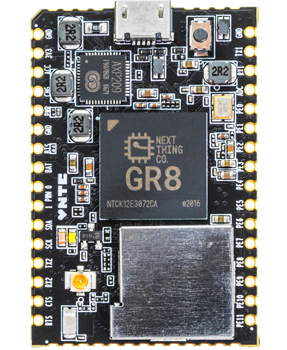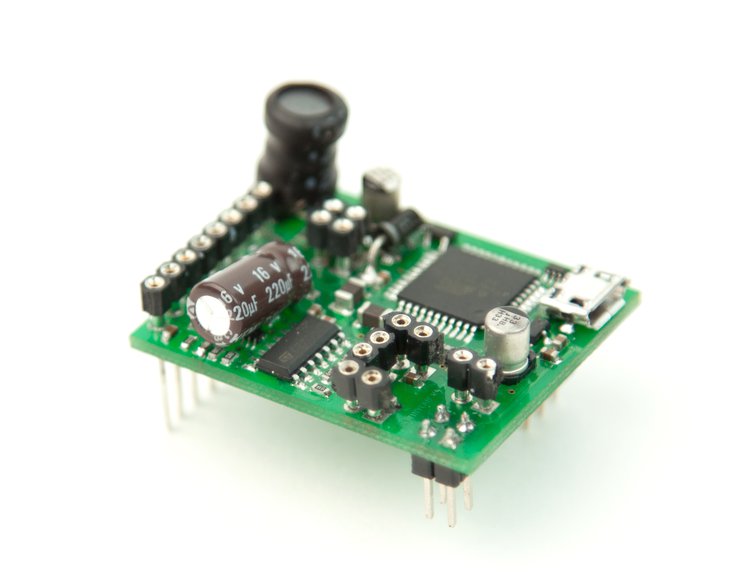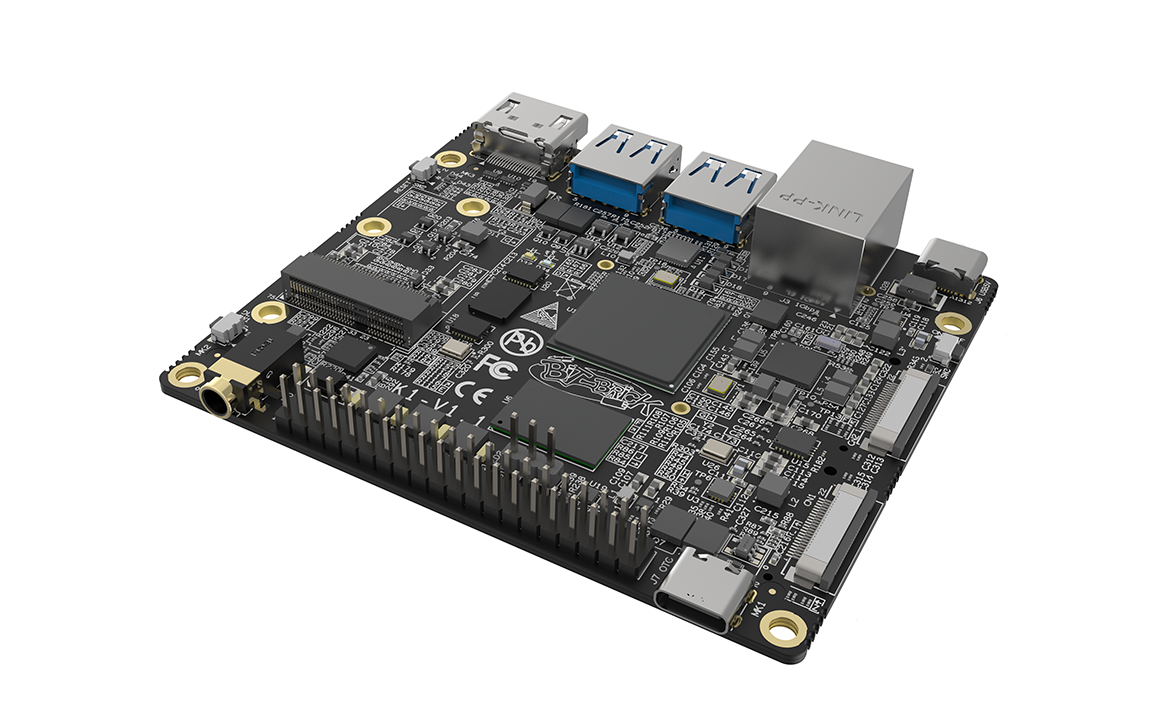
A smart approach to tackle device management
In recent years, the popularity of Raspberry Pi has shot up, leading to a growing demand for efficient device management solutions. Currently, some solutions available for device management include:
- Automated SSH logins
- Pre-built image with adequate security measures in place.
- Device management software/system.
The optimum choice, according to studies, is to employ a pull-and-state-based device management solutions. Interestingly pull and state-based systems ensure devices stay updated even during offline periods – and that the device will always remain at the desired functional level – regardless of when it was added to the system or last seen.
Qbee.io delivers an intuitive SaaS IoT device management platform that supports over-the-air (OTA) software updates and remote scripting for most embedded Linux devices, be it a single Raspberry Pi or fleets of business-grade edge devices. With automated IoT device administration and dynamic remote VPN access, a UI-based solution gives users complete control over their device deployments. This all-inclusive solution provides remote scripting, monitoring, over-the-air software updates, and remote access. Qbee’s user-friendly UI makes IoT device management solutions more accessible and allows users to focus on enhancing their core product.
Advanced Features
In addition to IoT device management, Qbee offers a host of other advanced features. Here’s a comprehensive list of Qbee’s true potential:
IoT Configuration Management
This is a great way to automate Linux systems with IoT configuration management. QBee’s built-in automation is incredibly useful for managing various aspects of the system, such as users, passwords, firewalls, NTP servers, package or software updates, ssh keys, and more. The advanced file distribution feature enables the distribution of files, certificates, and the execution of scripts. This product offers a comprehensive group policy feature that allows fleet devices to quickly obtain common or individual configurations, with the added benefit of templating options. The REST API allows easy integration with third-party systems, providing access to all configuration settings.
Security & Linux Hardening
Qbee provides extensive Linux hardening and security features that safeguard devices. This configuration management tool is highly effective in securely distributing ssh keys, managing user and password security, and ensuring optimal firewall settings. This tool keeps libraries up-to-date and conducts continuous CVE vulnerability scans on all Linux packages. It makes it easy to detect potential security issues and take action before any damage occurs.
IoT Remote Control
The SaaS solution offers a centralized platform to control a Raspberry Pi, industrial gateway, or any other Linux-based device. The web-based ssh shell and qbee-connect desktop tool are great ways for mapping remote ports to localhost. This makes it simple to use third-party applications like Node-RED. This feature enables VNC, WinSCP, and connection to SCADA systems, making it a versatile tool.
IoT OTA Software Update
With the constant evolution of applications and the Linux OS, IoT OTA updates, and a Docker orchestration engine are becoming increasingly essential. Qbee provides an easy, safe, and expandable way to distribute updates through a file manager, repository, or a CI/CD setup by utilizing REST API to integrate with third-party services like Github or other platforms.
IoT Device Monitoring
Qbee is an amazing IoT device monitoring solution that gathers all the necessary metrics, such as software inventories, port usage, docker container status, connectivity, operational status, and more. Analysis tools are a great resource to quickly identify and resolve memory leaks, stalling processes, or network inconsistencies, allowing users to seamlessly optimize performance and minimize downtime.
Remote Scripting
Users can efficiently distribute and execute scripts on multiple devices remotely. Qbee’s “command to run” function is designed to trigger a new script to run as soon as a change in the script is detected. Additionally, the feedback loop feature makes it easy to track the output of any operation. Advanced templating makes it easy to configure and execute remote commands or run advanced scripts with post commands and in-order execution on a group or individual device level.
In a nutshell, Qbee manages IoT edge devices properly and it offers,
- IoT device management
- Remote access VPN
- Templated remote scripts
- CVE vulnerability analysis
- Github integration – CI / CD
- Performance monitoring
- A user-friendly UI & REST API
- Zero development
- Docker container management
Purchase Plan information:
All plans begin with a 14-day trial. You can sign up for Qbee on a monthly or annual basis – the latter offering a 10% discount. The free account enables users to connect two devices, whereas the paid ones include up to 20 devices. When it comes to pricing, Qbee offers a Startup plan (test and launch your IoT ideas) and a Pro plan – each one costing $89/ month and $269/ month, respectively. The Premium plan involves getting a price quote from the company and comes with a multitude of options, such as an SLA and personal account manager.


















